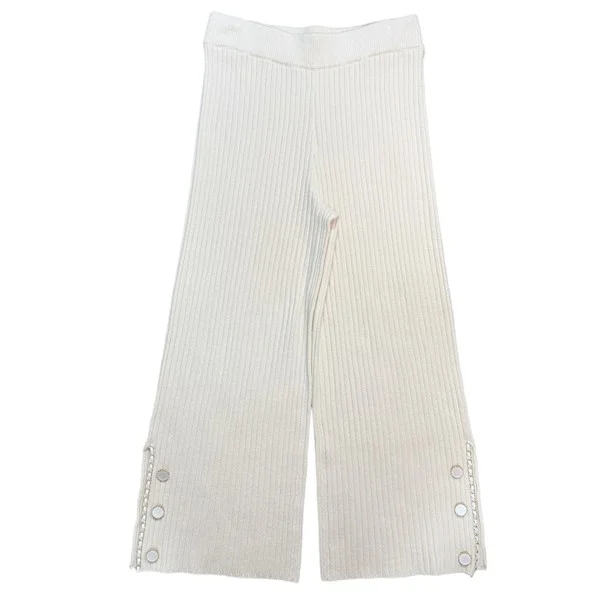In the realm of household chores, laundry is an inevitable task that everyone must grapple with. The question of how often is laundry done? is a common one, yet the answer is not as straightforward as one might think. It is influenced by a myriad of factors, including personal habits, lifestyle, climate, and even the type of fabric. This article aims to delve into these factors and provide a comprehensive guide to determining the optimal laundry frequency for you.
Firstly, personal habits and lifestyle play a significant role in determining laundry frequency. For instance, those who exercise regularly or work in physically demanding jobs may need to wash their clothes more often due to sweat and dirt accumulation. On the other hand, those with sedentary lifestyles or jobs may find that their clothes remain clean for longer periods.
Climate is another crucial factor. In hotter, more humid climates, clothes tend to get dirty and sweaty faster, necessitating more frequent washing. Conversely, in colder climates, clothes can often be worn multiple times before requiring a wash.
The type of fabric also influences how often laundry should be done. Delicate fabrics such as silk or wool require less frequent washing to maintain their quality, while cotton and synthetic fabrics can withstand more regular washing.
However, it's not just about when the clothes look or smell dirty. From a health perspective, certain items should be washed more frequently. Undergarments, socks, and workout clothes should be washed after each use due to the high accumulation of bacteria. Bed linens should ideally be washed every one to two weeks to remove dust mites and dead skin cells.
On the other hand, over-washing can lead to premature wear and tear of clothes, fading colors, and even damaging the fabric. It's a delicate balance to strike, and understanding the specific care instructions for different types of clothes is key.
In terms of environmental impact, it's worth noting that washing machines, particularly older models, can use significant amounts of water and energy. Therefore, consolidating loads and washing full loads when possible can help reduce environmental impact and save on utility bills.
In conclusion, the frequency of doing laundry is a personal decision influenced by various factors. It's about finding a balance between cleanliness, clothing longevity, personal comfort, and environmental impact. While there's no one-size-fits-all answer to how often is laundry done?, understanding these factors can help you make an informed decision that suits your lifestyle and needs.


